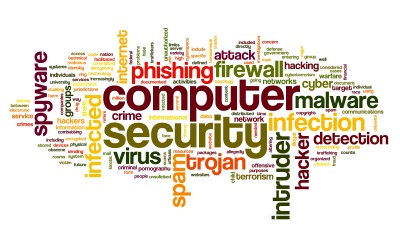In February, Brazil originated 3% of phishing attacks worldwide, occupying 4th place in the ranking of host countries, along with Russia and Chile. This list is led by the United States, responsible for 44% of the origin of the attacks. United Kingdom and Germany are in 2nd place, both with 5%, and Canada in 3rd place, with 4%. The finding is from the Fraud Report of RSA, the Security Division of EMC.
“The ranking of host countries has almost no variation during each year. Brazil has been on this list since last year with only variations in position. This shows how Brazilian hackers have improved over time. They have been developing new attack strategies and formulating more threats, not just with national targets, but across the globe,” says Marcos Nehme, director of EMC's Latin America and Caribbean Technical Division at RSA.
Regarding the number of companies attacked, the RSA Report indicates that 257 brands were affected on a global scale and that 48% of them suffered more than five attacks in the month. In this universe, Brazil is in 3rd place, absorbing 4% of the attacks in February and sharing the position with Italy, India, Australia, China and Canada. In the first positions were the United States and United Kingdom, with 30% and 10% of the wholesale brands, respectively.
In total, RSA identified 27,463 phishing attacks worldwide in the month of February, representing a decrease of 9% from January of this year. However, compared to the same period last year, the volume of attacks grew by 31%. According to RSA's annual analysis, Q1 is always marked by a reduction in levels of phishing attacks, so RSA predicts that March may still see a slight decrease in threat volume.
email attacks
Financial institutions have been the main focus of phishing attacks since fraudsters took on monetary gain interests. However, e-commerce and social networks are also gaining ground in this type of crime because they use email addresses to authenticate the identity of their users and, generally, people standardize the email address and password for different online hits. In this way, often when fraudsters discover a victim's email password, it gives them access to their bank account.
"Phishing attack campaigns aimed at personal and corporate webmail users have been around for a few years, but companies and service providers must pay attention to protecting the online identity of their users, as once they have access to the data, fraudsters can control the customer's e-mail account, causing damage to both the end user and the institution”, emphasizes Nehme.


